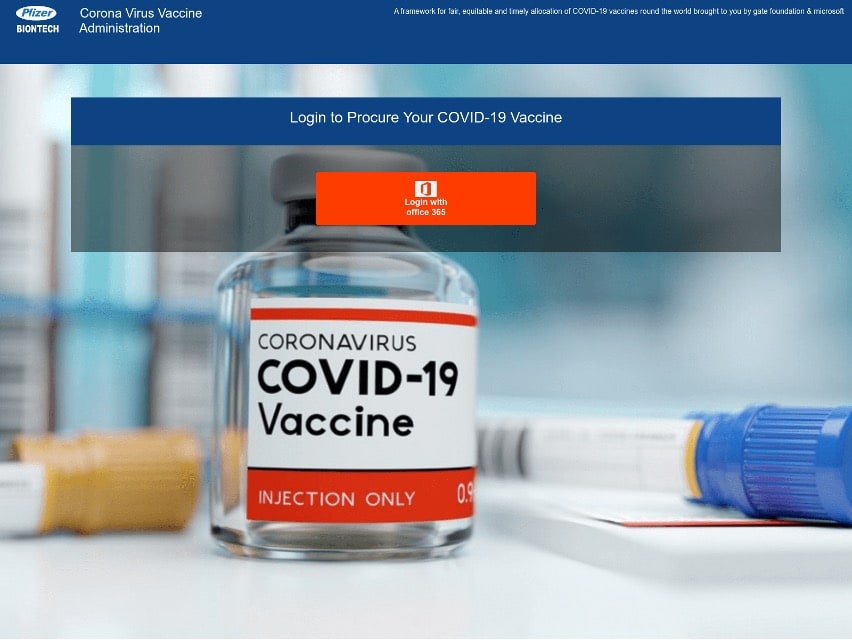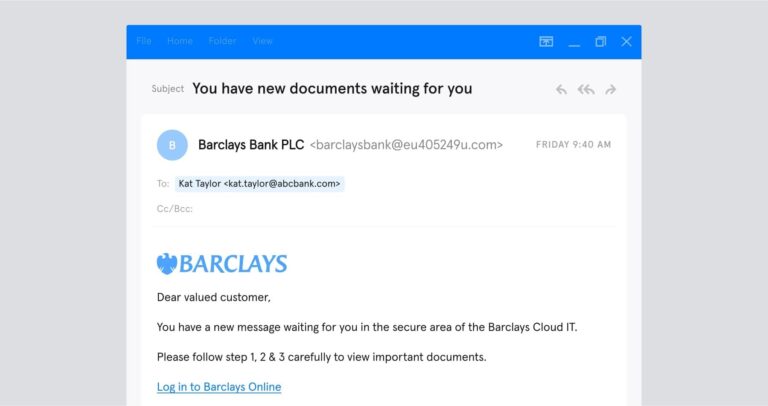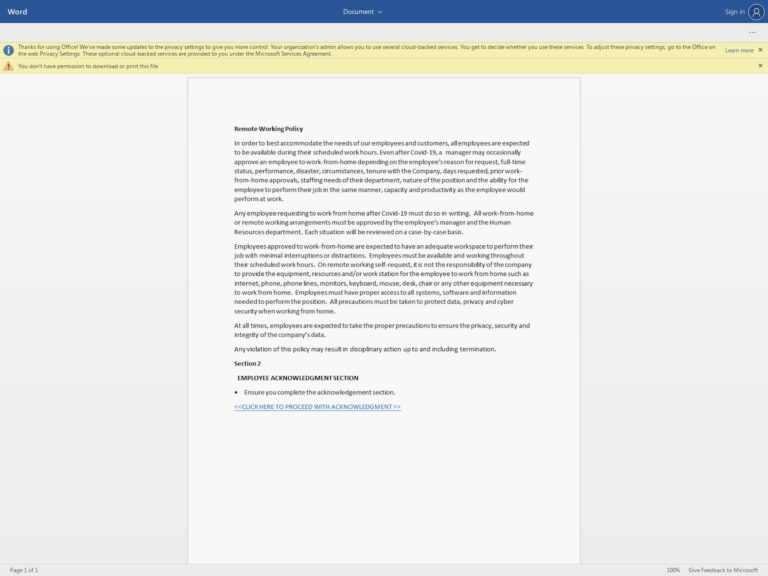Where there is uncertainty, there are cybercriminals. And the uncertainty surrounding the roll-out of the Covid-19 vaccine is creating the perfect environment for cybercriminals and their phishing scams.
According to new Tessian research:
- 2,697 new website domains, related to the Covid-19 vaccine, were registered between 5 December 2020 and 10 January 2021. Many of these domains impersonate legitimate healthcare websites, tout misinformation around injection side effects, and falsely claim to offer guidance around timing and logistics of distribution to dupe people.
- Some of the newly registered domains were confirmed as malicious. Tessian researchers found specific examples of domains that impersonate a legitimate O365 login in page and Apple ID login page. These pages have been designed to steal people’s account credentials.
- 22% of the live domains take advantage of a technique called “typo-squatting” – a technique where one or two letters of a word are changed, in the hope that people make mistakes when typing the website into the URL bar or just simply miss the typo when landing on the page. One example of this is covidvaccime.com
Why do newly registered domains pose a threat?
The NHS recently issued a warning about scam emails that invite people to click on fake invitations to “register” for the vaccine. However, no registration is actually required for the real vaccine. The fake website, the BBC reports, also asks people for their bank details either to verify identification or to make a payment.
Often, scammers will register new domains to lure people to a page after they’ve clicked a link in a phishing email. Tessian researchers found that many of the vaccine-related websites contain online forms designed to harvest financial or healthcare information and, in some cases, steal people’s account credentials. For example, some of the confirmed-malicious websites impersonate an Office 365 or Apple ID page and prompt people to log-in and share their username and password.
People urgently want to find out things such as when they will get the vaccine, where can receive the jab, and many more want to research and understand potential side effects. As we’ve seen throughout the pandemic, cybercriminals are capitalizing on people’s desire for more information and are finding ways to trick people into clicking on links to fake websites or enter their valuable details.













